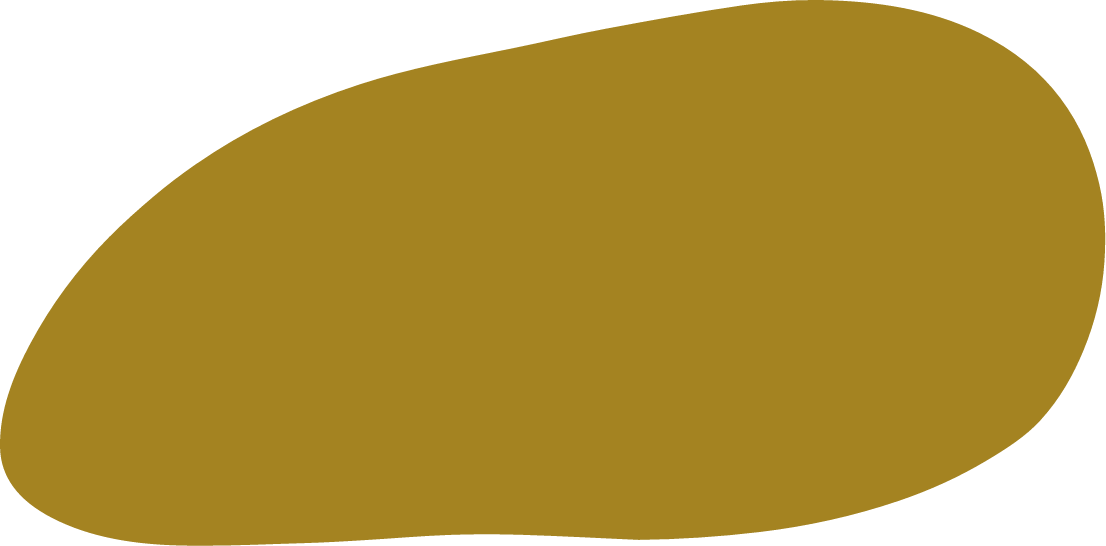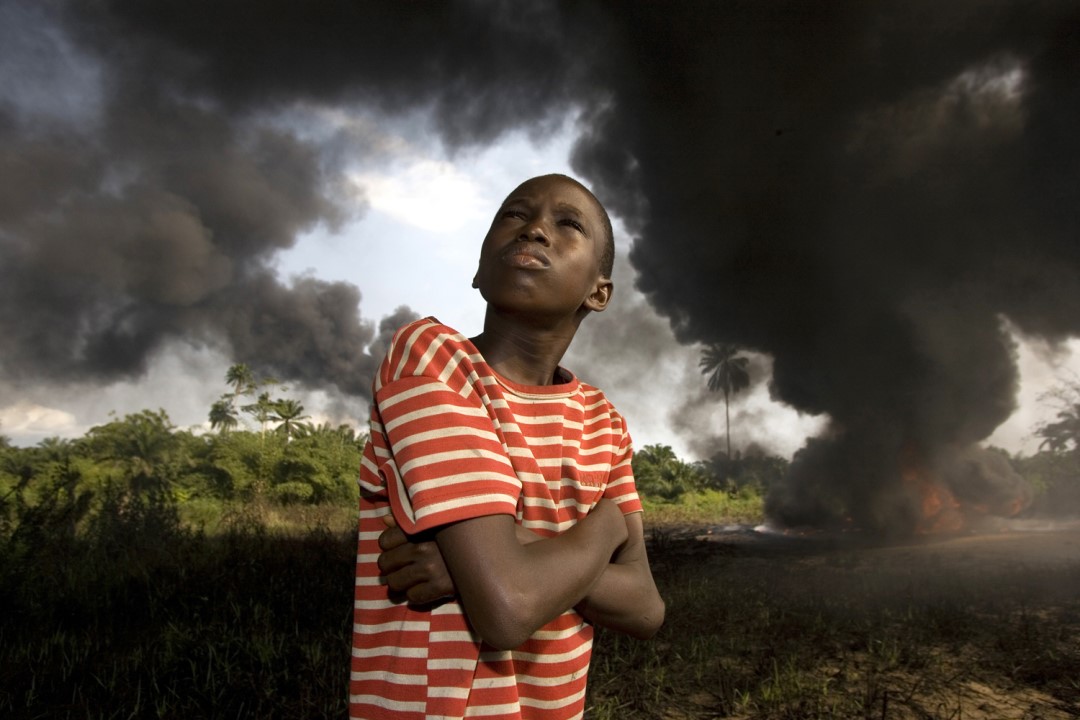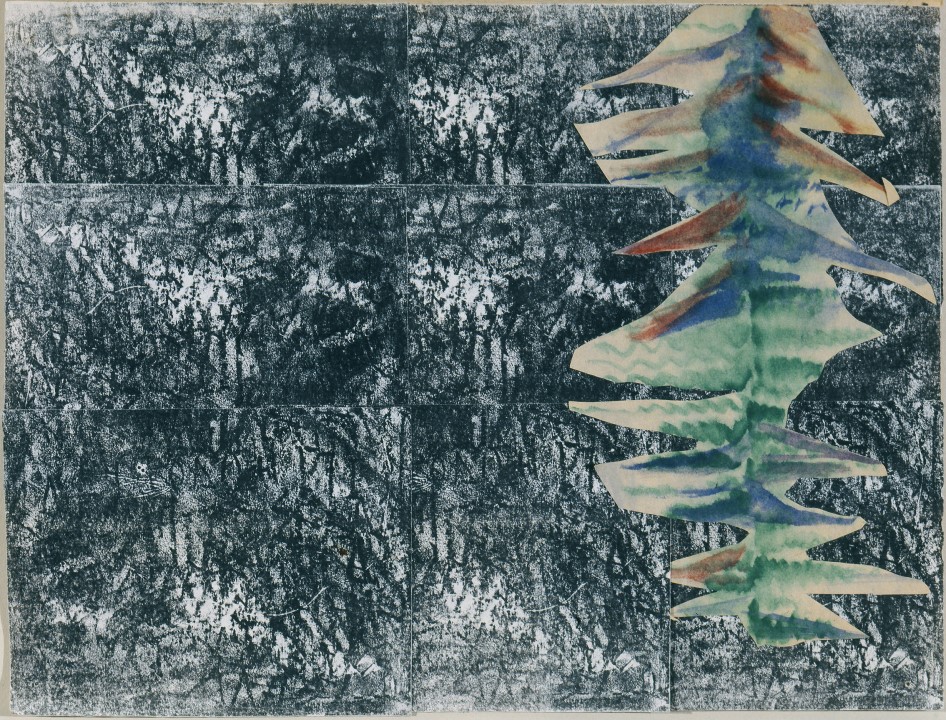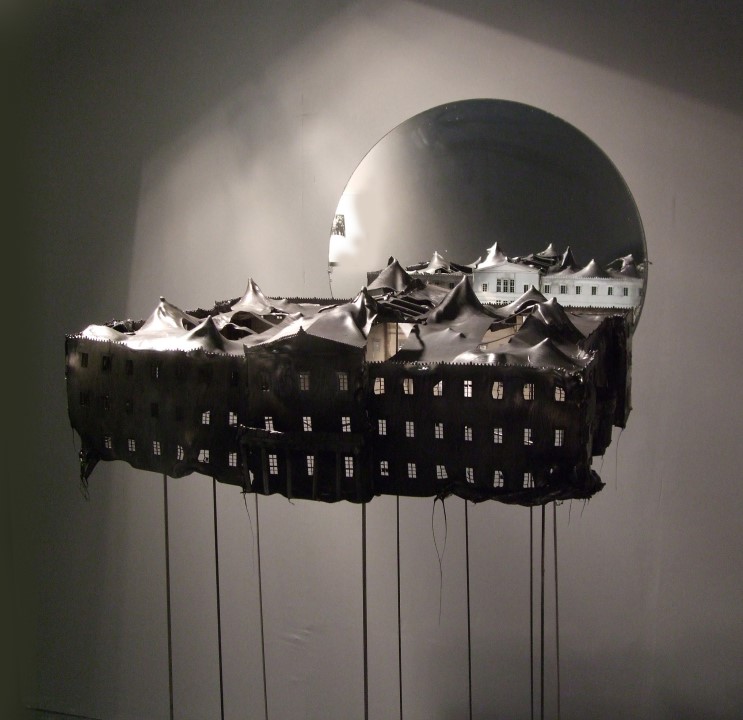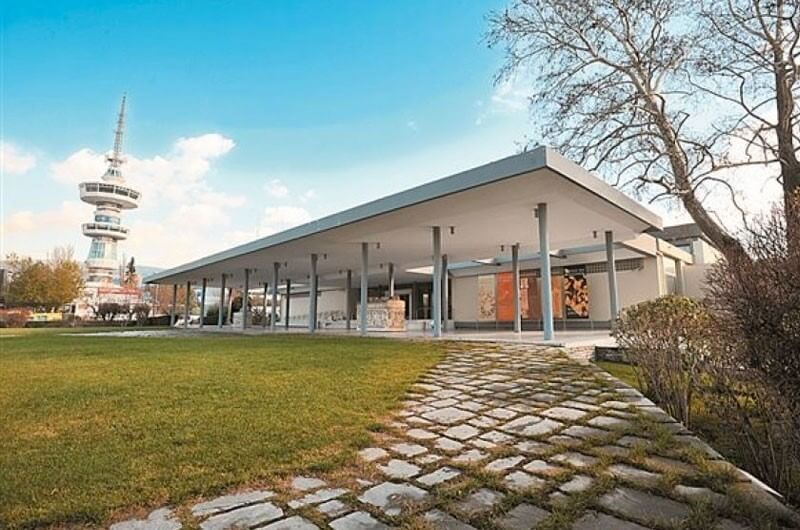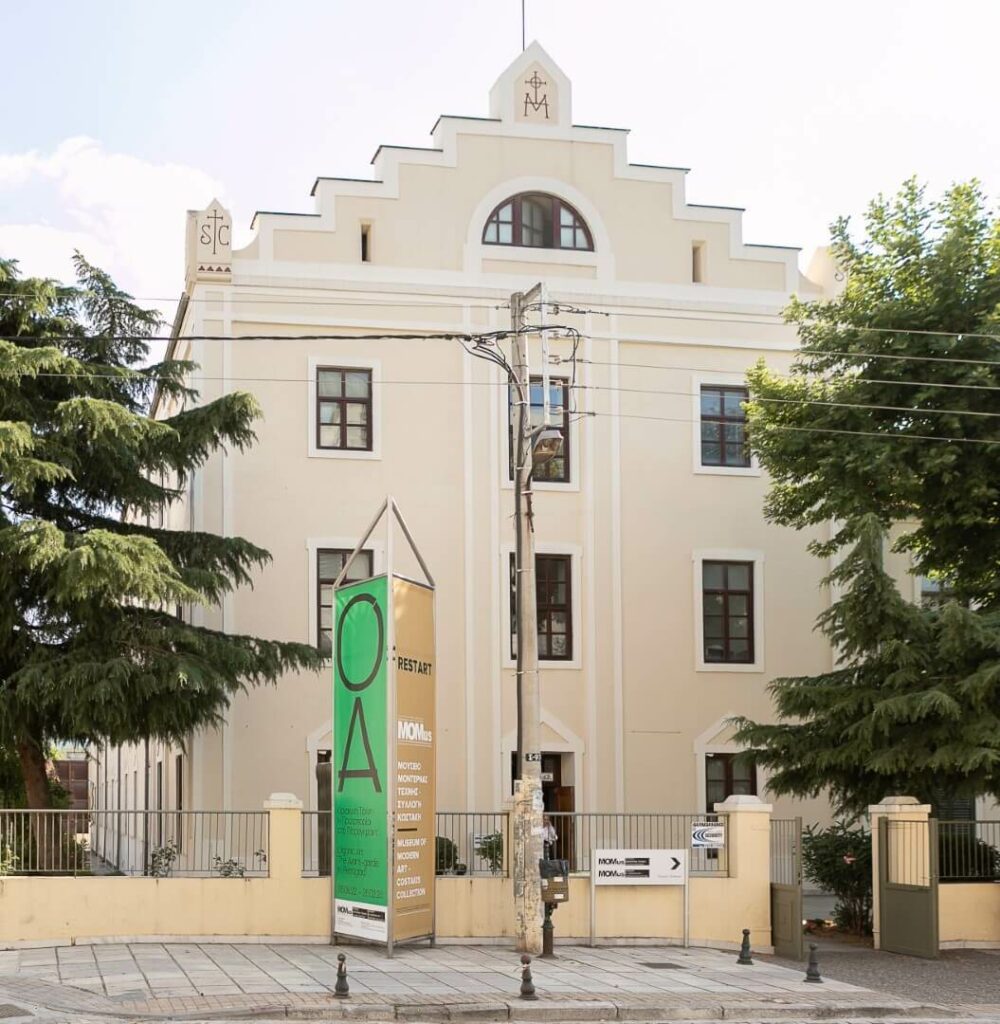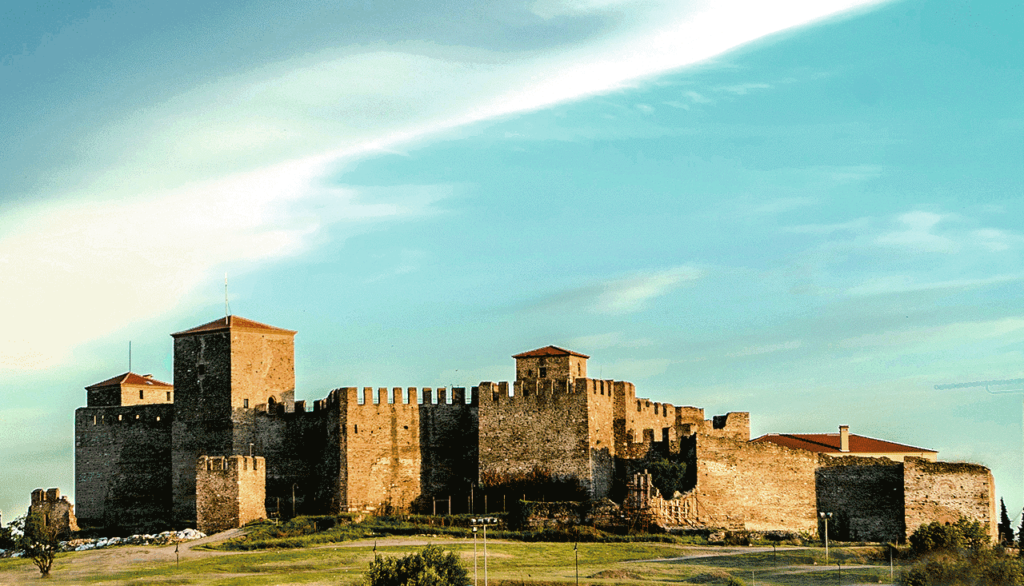How can the unique survival project of the Ark function as a vehicle, means and symbol of the impending ecological disaster and reset the basis of the environmental awakening, bring back the reflections on the relationship of man with nature, environmental issues, ecological management policies and exploitation of natural resources?
Re-approaching the concept of the Ark, of rescue, of awakening, of survival, escape, hope by contemporary artists will identify the needs to reconstruct an effective plan to save that which is valuable in an increasingly fragile global ecosystem.
Environmental awakening and ecological justice reinterpret the theological narrative of the Ark every time extreme climate and weather phenomena hit populated areas and cause disasters. Questions resurface, such as could the situation have been prevented? How will life be restored after the disaster? Can I help?



